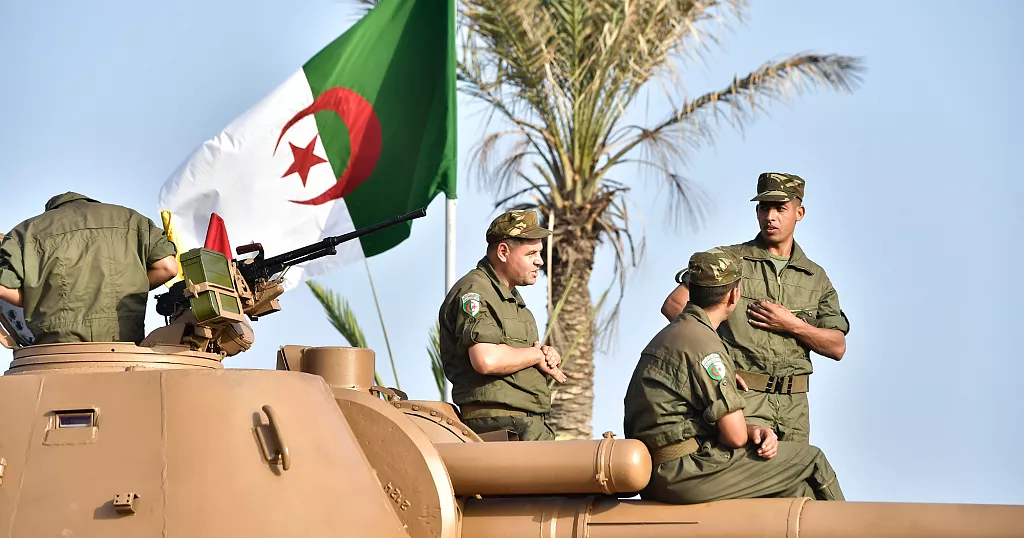
Algeria and Morocco have long shared a tense and complicated relationship, dating back to the Sand War of 1963.
Territorial disputes, particularly over Western Sahara, and diverging approaches to regional security have kept the two neighbors at odds. Diplomatic ruptures, including the closure of land borders since 1994 and a formal break in 2021, continue to shape North African geopolitics.
In a move underscoring its strategic ambitions, Algiers has signed a new defense cooperation agreement with Tunisia.
The accord, formalized in Algiers, was signed by General Saïd Chengriha, Chief of Staff of the National People’s Army, and Tunisian Defense Minister Khaled Souhaïli.
The partnership establishes joint military training programs, intelligence sharing, and enhanced coordination in border regions.
“The objective is clear: to better anticipate cross-border threats, whether from armed groups, trafficking, or movements likely to destabilize border regions,” officials said.
This initiative builds on decades of informal collaboration between the Algerian and Tunisian militaries, particularly in counterterrorism and border surveillance. By formalizing the partnership, both countries aim to give their cooperation a structured, long-term framework.
Observers note that the agreement also carries a strategic message. Morocco has recently strengthened its regional influence through security and economic partnerships with both Maghreb and extra-regional powers.
By deepening ties with Tunisia, Algeria signals its intention to rebalance regional alliances and maintain a central role in North African stability.
Tunisia, traditionally cautious in its engagements with its neighbors, appears to view the pact as an opportunity to bolster its own defense capabilities while remaining aligned with a key regional player.
Analysts suggest that this partnership is more than a temporary alliance; it represents a calculated effort by Algiers to reinforce collective security, consolidate regional influence, and counterbalance Morocco’s growing diplomatic and economic footprint.
In a Maghreb marked by persistent rivalries and shared security challenges, this military agreement illustrates the increasing importance of bilateral alliances. Each diplomatic and defense move reshapes the regional chessboard, with Algeria positioning itself as a pivotal actor in North African security dynamics.



